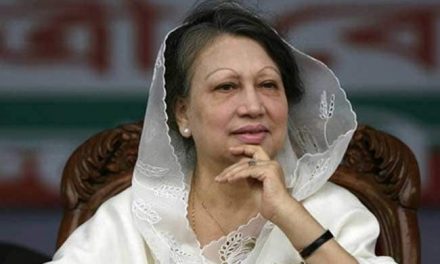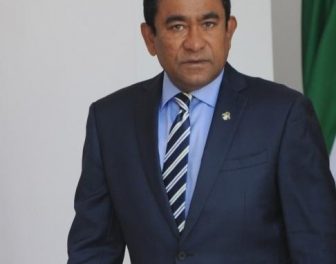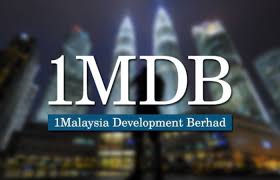11 March 2013. Railway Ministry is one of the largest public undertakings in China. It employs some 2.1 million workers and has a budget of 74 billion pounds, almost equal to the national defence budget. Until last August It operated its own courts and police force. During last year it transported some 1.7 billion passengers with its fast and high speed railway network. It has operated independently like this since 2007.
In 2011, Liu Zhijun, the minister of Railways at that time was put under investigation for graft and corruption. The government has been putting in efforts to stop corruption but was unsuccessful.
A senior party leader, Mr Kai who announced the shakeup said that much of the government work has been left undone or done messily with abuse of power and corruption. According to the government sources the present set up will be split into two – the administrative and regulatory powers will be given to the transport ministry while the operations will be handled by a state enterprise, China Railway Corp.
China’s incoming leaders who will be taking office this week are facing stiff pressure on sustaining economic growth and maintaining a corruption-free image for the administration.
The government is proposing structural changes, biggest ever in the past 14 years, to dismantle various other government bodies and to reduce the number of Ministries to 25. Other changes proposed include – the regulatory body for food and drug control will be vested with more powers to increase safety standards. National Energy Administration, which is currently a part of the National Development and Reform Commission, will administer power market regulation. The State Oceanic Administration will be in charge of coast guard, the fisheries and related sectors.














